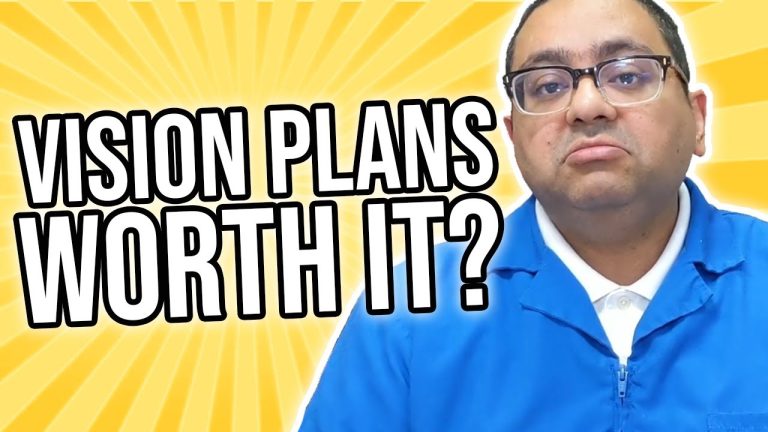Your Guide to Comprehensive Vision Insurance Coverage during Retirement
As we age, our eyesight changes and deteriorates, and as a result, it becomes vital for us to take care of our eye health. One of the best ways to take care of our eyes is to opt for regular eye check-ups, and vision insurance can cover the cost of these check-ups and other eye care expenses.
Vision insurance is becoming increasingly important as more and more people need glasses or require corrective surgery, but many people are still unsure about the types of coverage available to them, particularly during retirement. In this article, we will explore how vision insurance can help support your eye health throughout retirement and what type of coverage you may need to consider.
Understanding Your Vision Insurance During Retirement
As you prepare for retirement, you will likely review your health insurance coverage and perhaps think about what changes you may need to make to your policy. However, many people overlook vision insurance in their preparations. Yet, it is just as critical to have vision insurance as it is to have comprehensive health insurance coverage, especially as you age.
One critical aspect of vision insurance coverage to consider is the frequency of eye exams. As our eyes, like the rest of our bodies, undergo changes in our golden years, it is crucial to schedule exams regularly. Typically, most vision insurance plans will cover one comprehensive eye exam per year, which is essential in helping maintain overall eye health.
Types of Vision Insurance During Retirement
There are several types of vision insurance coverage options available for individuals during retirement. Two most common types are:
- Vision Benefits Packages: These packages typically cover annual eye exams, eyeglass lenses, and frames. Some plans may also provide discounts on contact lenses or refractive surgery like LASIK.
- Medicare Advantage: Some Medicare Advantage plans offer vision insurance as part of their coverage. The type of coverage offered may vary, but it often includes routine eye exams, glasses or contacts, and other services such as cataract surgery.
Other Vision Insurance Coverage Options to Consider
If you already have comprehensive health coverage that does not include vision insurance or do not wish to purchase a standalone vision plan, there are other options to consider. For example, flexible spending accounts (FSAs) or health savings accounts (HSAs) can be used to cover the cost of eligible vision expenses.
Ultimately, choosing the right vision insurance coverage depends on your needs and preferences. It is essential to shop around and explore your options to determine what will work best for you.
Conclusion
As we age, it is essential to take care of our eyes and ensure that we have the proper resources to support our vision health. Vision insurance can help support regular eye exams, glasses, contacts, and other necessary eye care expenses, ensuring that you can maintain your eye health while enjoying your retirement.
Don’t wait until retirement to explore your vision insurance options. Take the time to research and learn about what coverage is available to you and what will work best for your eye health needs. Your eyesight, and your wallet, will thank you in the years to come.
Contents
Most wanted in Hoya Vision:
Hoya Lens Engravings
What brand lenses does Costco use?
Which lens is better Alcon or Johnson and Johnson?
Why do my glasses lenses scratch so easily?
Visionworks Digital Progressive Lenses
Ultraxhd Lenses
What’s the rarest eye color?
Hoya Sensity Vs Transitions Xtractive
Should eyeglasses cover eyebrows?
Workspace Lenses
















